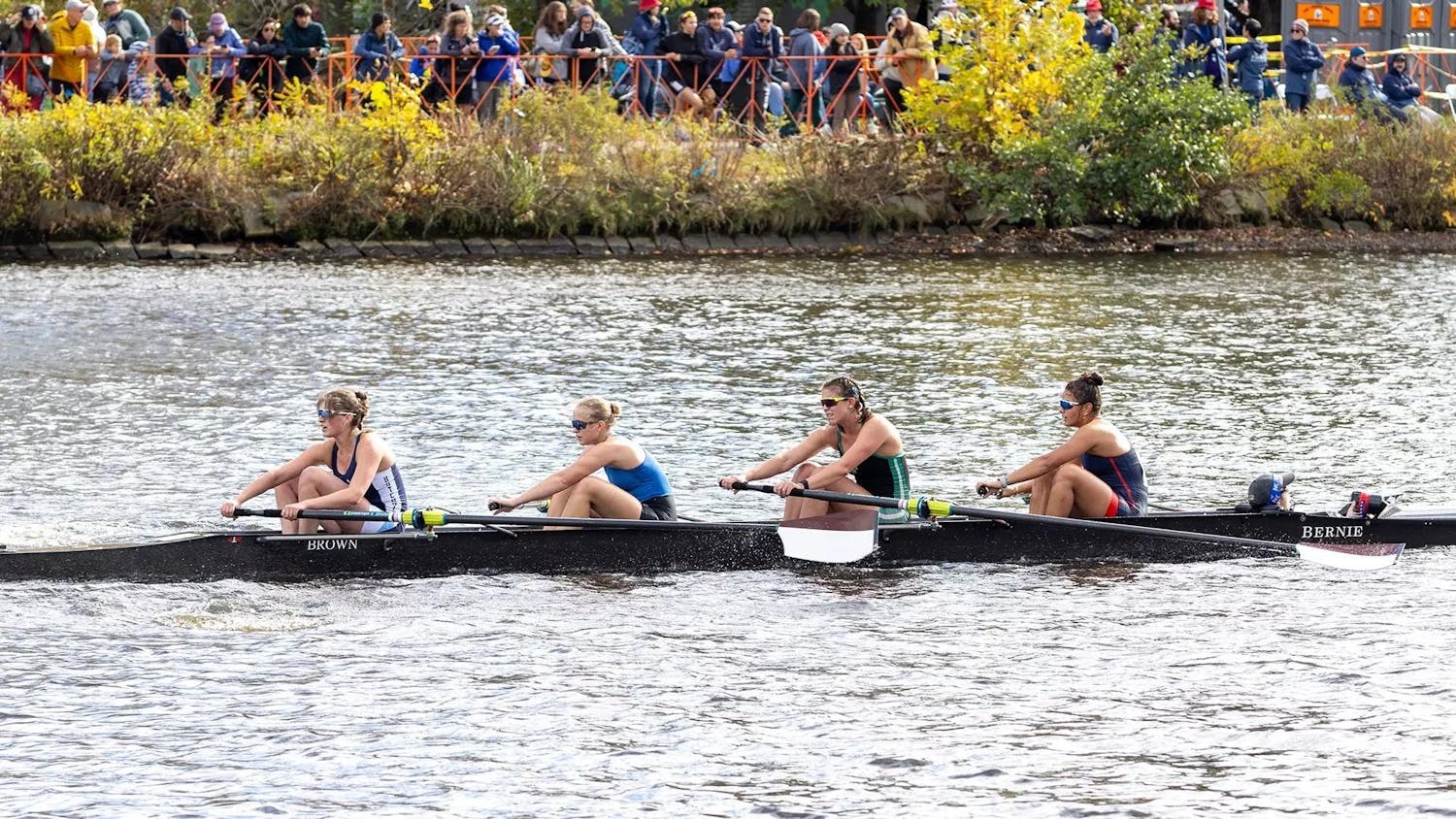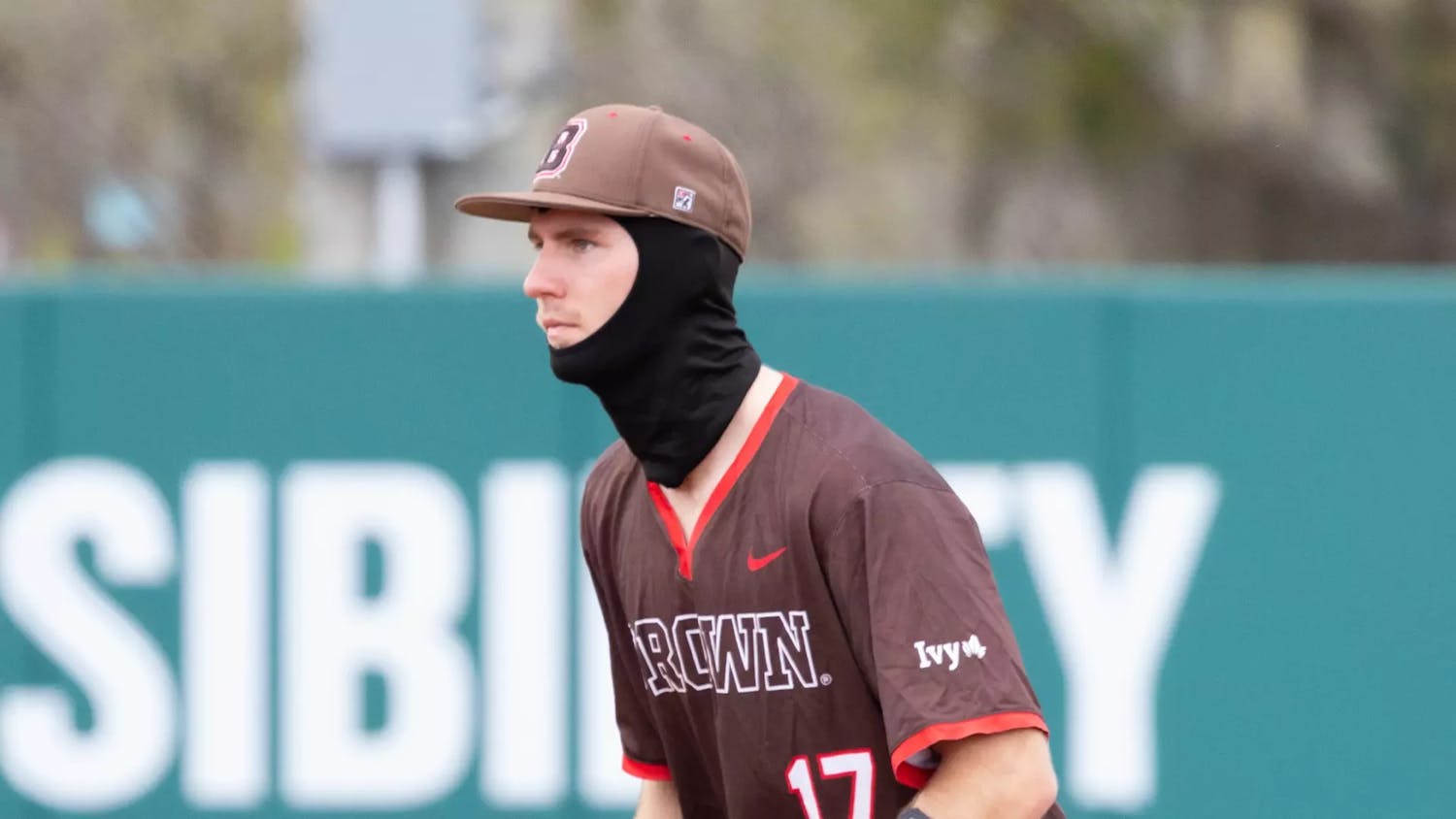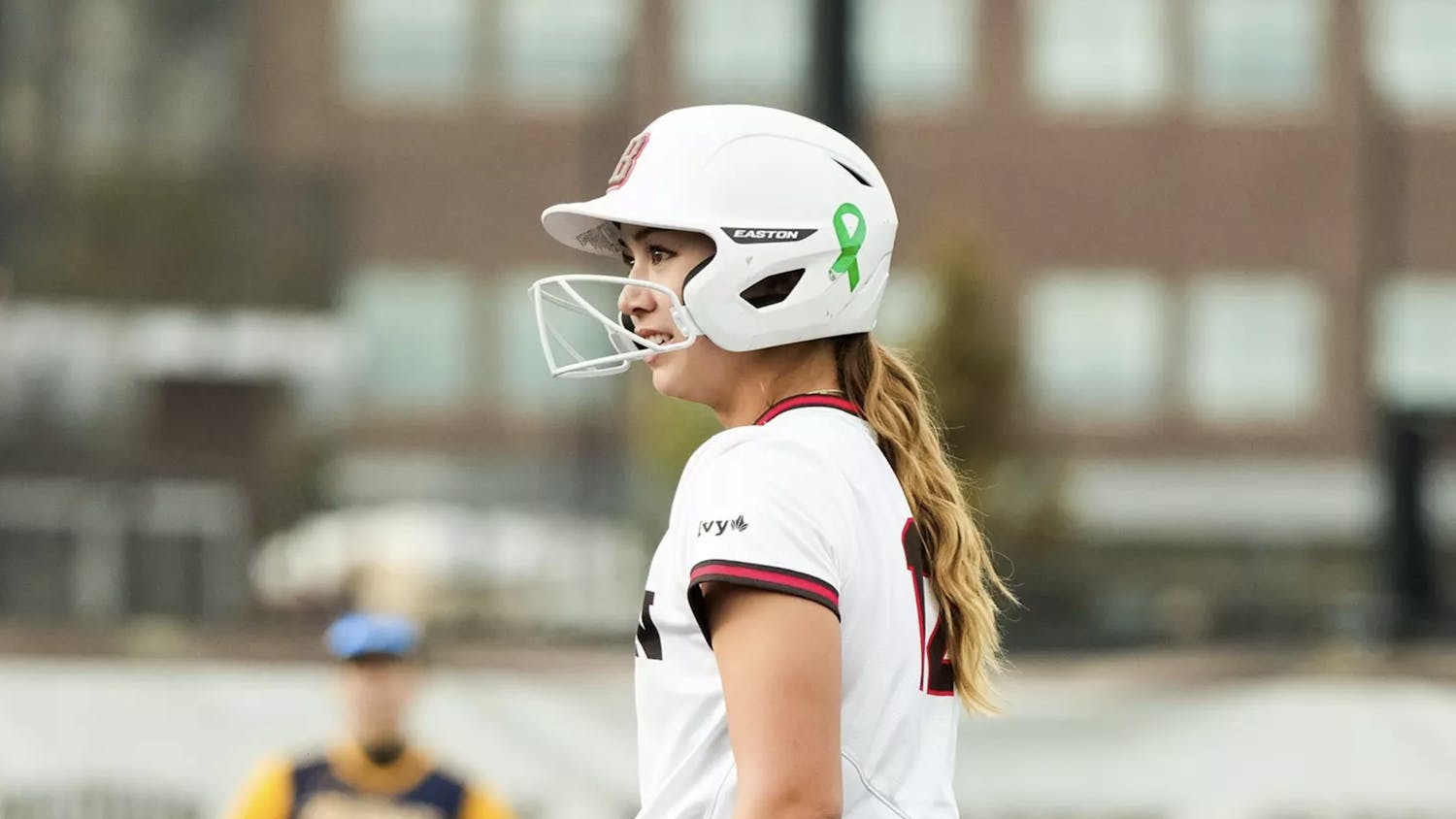With the swish of a swing, followed closely by the crack of a bat, Three Rivers Stadium in Pittsburgh erupts. Not your standard "Whoa! What a catch by that guy!" kind of cheer. Real cheers. The kind of euphoria you save for when a superhero saves the day. The kind of unbridled joy that comes from something really special. An undying affection reserved for those who have transcended the mortal plane.
The source? A 5-foot-11-inch, 175-pound Puerto Rican man chugging his way to second base with a double. The date is Sept. 30, 1972, and it is the final regular season game for the Pittsburgh Pirates, who are hosting the New York Mets. It's the bottom of the fourth, and the score is tied 0-0. No one is on base and it is the middle of a boring game that would not matter, so why are these people going so crazy?
It is because their hero, Roberto Clemente, has just whacked his 3000th career hit.
Clemente was more than just a National League and World Series MVP, a 15-time Major League Baseball All-Star or a man with four batting titles to his name. He was a man who fought his way through an impoverished youth and through racial tension in the clubhouse. A man whose humanitarian work for a devastating 1972 Nicaraguan earthquake is often swept under the rug of his baseball achievements. A man who overcame every challenge in his life to become not just one of the greatest baseball players of all time, but a shining example of all that someone could achieve with his life.
Tragically, both that regular-season game — and hit — would be the last of his life. In the offseason, Clemente discovered that the aid shipments he was organizing for Nicaraguan earthquake victims were being diverted by corrupt government officials. He decided to accompany the next shipment to ensure that it reached the people. The plane crashed after takeoff, taking Pittsburgh's shining star with it. He was inducted into the Baseball Hall of Fame posthumously in 1973 — the only player to have his five-year Hall waiting period waived before induction. During the ceremony, he was remembered as a man who was extremely proud of his team.
He once said, "When I put on my uniform, I feel I am the proudest man on earth."
Flash-forward 38 years. The Pirates' 2009 season tied them for the longest streak of consecutive losing seasons in any North American professional sport. This 2010 season gave them sole possession of this dubious honor.
What happened? Where is the ballclub that Clemente was so proud of? How has this team never had more than two All-Stars since 1990, when Barry Bonds played for them? What has killed baseball in Pittsburgh?
Meet Robert Nutting. Outwardly, he appears to be your standard American billionaire. He purchased the team out of "family interest" in 2007 from 10-year owner Kevin McClatchey. Pirates fans rejoiced, happy to be rid of the bumbling McClatchey and the 10 years of losing seasons he brought with him. Did they finally have an owner that could make good decisions and revive the sport of baseball in Pittsburgh?
Imagine this: You are with your sick grandfather who has been in the hospital for quite some time. You are fed up with his incompetent, long-term doctor, whom you fear is only making things worse. You complain to the chief of medicine, who assigns a new doctor to your grandfather's case. The new doctor strolls in, shakes your hand, tells you that everything will be OK, picks up the pillow and begins smothering your grandpa. You are powerless to stop this. That is what this change in Pittsburgh ownership has been for the fans — watching their grandpa get smothered.
Nutting's reign has been nothing short of malignant and destructive. Using his general manager puppet, Neal Huntington, Nutting has shipped three of the five All-Stars he has had on his team for cash and cheap, unpromising prospects. The Pirates are currently on pace for a 100-loss season, and they have yet to have a season with fewer than 90 losses since Nutting took over. The Pirates have somehow gone from bad to mind-bogglingly putrid.
And yet, when the financial statements of the Pirates were leaked earlier this year to the sports blog Deadspin, fans discovered that the team banked nearly $30 million in profit during the 2007 and 2008 seasons.
What?
That's right. By actively pursuing the lowest-cost — and worst — players, Nutting has slashed expenses so low that the team can actually make money despite its near-constant cellar-dwelling in the standings. The die-hard fans of Pittsburgh, driven by loyalty and memories of Clemente's Pirates of old, steadfastly continue to go to games. Nutting disgustingly abuses this constant income, sitting on the ticket and merchandise profits instead of using the money to build a team that would reward the fans for their devotion.
Even now, the Pirates' fan base continues to erode under a justified cynicism, while those few loyal souls who continue to give their money to this team receive a giant slap in the face for their troubles. It's here that we reach what is so offensive about this situation. The total transparency and boldness of Nutting's decisions are a painful reminder to fans that professional sports are, at the end of the day, a business.
A business where one can put out an inferior product and still make money. A business where one can cash in on the passion and positive memories of others and give nothing back but a $4 hot dog and a feeling of emptiness. A business where you can take $30 million from a city for absolutely nothing.
It's OK, though, Mr. Clemente. I'm sure you understand why Mr. Nutting is doing this. You both, after all, see a kind of value in a Pirates uniform. You saw the outfit that made you the proudest man in the world. He sees $119.95 plus tax.
Sam Sheehan '12 enjoys $4 hot dogs, but not feelings of emptiness.




